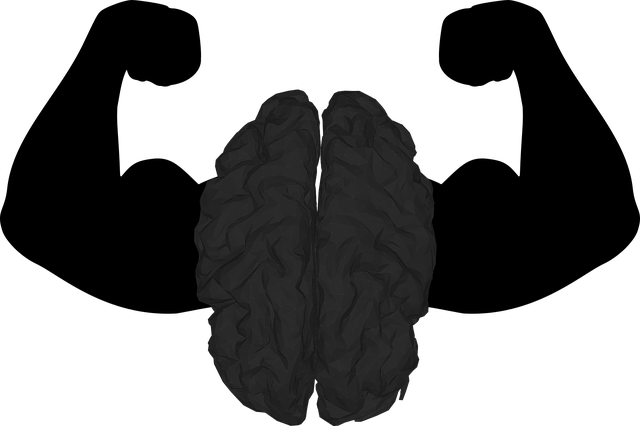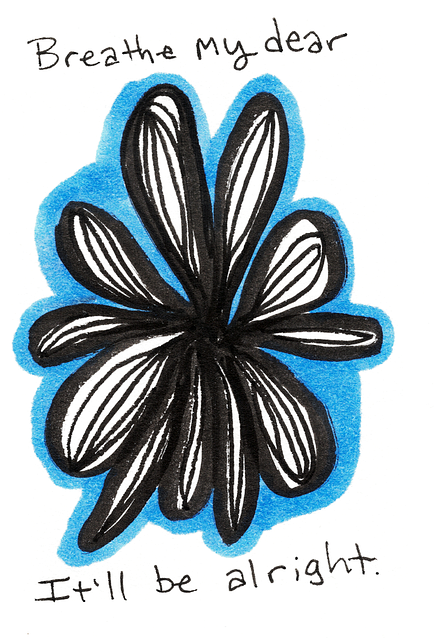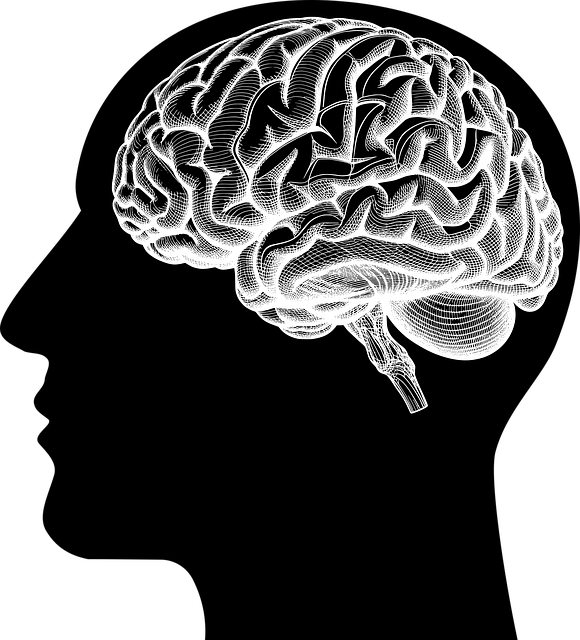Cultural sensitivity and evidence-based practices like Dialectical Behavioral Therapy (DBT) significantly enhance therapy for elderly clients, fostering trust and encouraging active participation in healing journeys. By integrating cultural understanding into therapeutic models, mental health professionals create safe, supportive environments that tailor care to elders' unique cultural beliefs, values, and backgrounds. This approach boosts self-esteem, prevents burnout, and improves overall effectiveness, benefiting both providers and patients. Case studies highlight the success of DBT in addressing specific needs of this population, incorporating traditional healing methods and mindfulness meditation practices to navigate past traumas and foster a sense of belonging.
In the realm of mental healthcare, cultural sensitivity is a game-changer, especially when addressing the unique needs of elderly clients. This article delves into the significance of understanding cultural nuances and their impact on therapy, with a specific focus on Dialectical Behavioral Therapy (DBT) as a relevant approach. We explore strategies for professionals to incorporate cultural competency, highlighting successful case studies in therapy for elders. By examining these aspects, we aim to enhance care quality and outcomes for this demographic.
- Understanding Cultural Sensitivity: Why It Matters in Mental Healthcare for Elders
- Exploring Dialectical Behavioral Therapy (DBT) and Its Relevance to Cultural Sensitivity
- Strategies for Incorporating Cultural Sensitivity in Practice with Elderly Clients
- Case Studies: Successful Cultural Competency in Therapy for Elders
Understanding Cultural Sensitivity: Why It Matters in Mental Healthcare for Elders

Cultural sensitivity is an essential aspect of mental healthcare, especially when providing services to elderly populations. Understanding and respecting diverse cultural beliefs, values, and practices can significantly impact the effectiveness of therapy for elders. In today’s multicultural societies, mental health professionals need to be equipped with the knowledge and skills to offer culturally competent care, ensuring that every client feels heard and supported.
Dialectical Behavioral Therapy (DBT) is a well-known approach that emphasizes emotional intelligence and empathy building strategies as key components of treatment. By incorporating cultural sensitivity into DBT or any therapeutic model, caregivers can enhance their clients’ sense of belonging and trust, fostering an environment conducive to healing. This tailored care approach not only boosts confidence but also encourages elders to engage actively in their mental health journeys.
Exploring Dialectical Behavioral Therapy (DBT) and Its Relevance to Cultural Sensitivity

Dialectical Behavioral Therapy (DBT) offers a unique lens through which to explore and enhance cultural sensitivity in mental healthcare, especially when tailored for elders. This form of therapy, initially developed to address borderline personality disorder, emphasizes mindfulness, distress tolerance, emotion regulation, and interpersonal effectiveness. When adapted for older adults, DBT can help navigate the complex interplay between cultural identities, mental health challenges, and age-related changes.
For healthcare providers, integrating DBT techniques into their practice can foster better understanding of clients’ cultural backgrounds, thereby enhancing cultural competency training. By promoting self-esteem improvement and providing tools for burnout prevention, DBT empowers both therapists and elders to navigate the nuances of cultural differences in therapy settings. This holistic approach ensures that mental health support is not only culturally sensitive but also effective in addressing the unique needs of elderly individuals from diverse backgrounds.
Strategies for Incorporating Cultural Sensitivity in Practice with Elderly Clients

Incorporating cultural sensitivity when providing therapy for elders is a multifaceted approach that requires careful consideration. One effective strategy is to ensure therapists are well-versed in the unique cultural beliefs and values of the elderly population they serve. This might involve learning about traditional practices, spiritual customs, and family dynamics specific to different ethnic or cultural groups. For instance, Dialectical Behavioral Therapy (DBT) can be adapted to incorporate positive thinking exercises and self-care routine development for better mental health, catering to the individual needs and backgrounds of elderly clients.
Additionally, creating a safe and non-judgmental environment is crucial. Therapists should actively listen to their clients’ stories, respecting their personal experiences and perspectives. By fostering open communication, therapists can help elders express themselves freely, reducing potential barriers caused by cultural differences or language obstacles. Moreover, encouraging self-reflection and emotional awareness through DBT techniques can empower elderly individuals to manage stress and prevent burnout, which is a significant concern among healthcare providers—a key aspect of maintaining both provider and patient well-being in the long term.
Case Studies: Successful Cultural Competency in Therapy for Elders

In the realm of mental healthcare, cultural sensitivity is a game-changer, especially when applying it to therapy for elders. Case studies highlight successful examples where therapists have utilized Dialectical Behavioral Therapy (DBT) to address the unique needs of this demographic with remarkable results. For instance, a study focused on an older adult with chronic depression and anxiety. Through DBT techniques, the therapist helped the client develop self-awareness exercises and mindfulness meditation practices tailored to their cultural background and personal history. This personalized approach facilitated emotional regulation and offered coping strategies that respected the individual’s heritage and values.
The therapy sessions became a safe space for the elder to explore their emotions while incorporating traditional healing methods from their culture, fostering a sense of belonging and empowerment. Additionally, mindfulness meditation practices, enhanced by cultural insights, enabled the client to navigate through intrusive thoughts and sensory experiences related to past traumas, showcasing the profound impact of cultural competency in therapy. These successful cases underscore the importance of integrating cultural sensitivity into therapeutic practices for elders, ensuring they receive effective care that resonates with their lived experiences.
Cultural sensitivity is a cornerstone of effective therapy for elders, ensuring that mental healthcare practices are inclusive and tailored to diverse backgrounds. By incorporating strategies such as Dialectical Behavioral Therapy (DBT), professionals can create a safe and supportive environment. The case studies presented demonstrate the successful application of cultural competency, highlighting the profound impact on elderly clients’ well-being. As we navigate the complex landscape of mental health care, recognizing and respecting cultural differences is not just ideal—it’s essential for quality, accessible, and impactful therapy.














